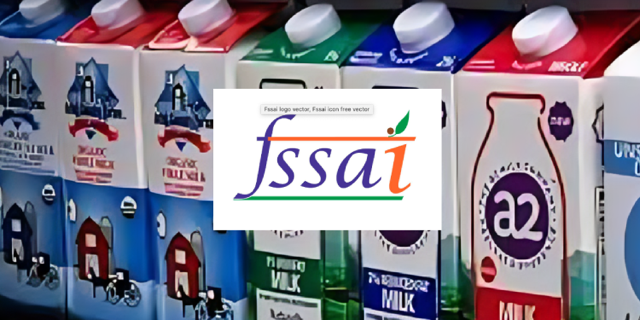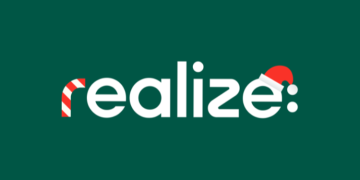New Delhi: Food Safety and Standards Authority (FSSAI), a body under Ministry of Health and Family Welfare has mandated that Food Business Operators (FBOs) must stop using A1 and A2 milk claims on products such as ghee, butter, and curd, as these claims are deemed misleading and not supported by current regulations. The differentiation between A1 and A2 proteins is not recognized under the Food Safety and Standards Act, 2006 or the 2011 Regulations. E-commerce platforms are also required to remove all related claims from their websites immediately. FBOs are allowed to use up existing pre-printed labels for up to 6 months from the directive date, after which full compliance is mandatory. No further extensions will be granted. FSSAI’s ban on A1/A2 milk claims will force dairy brands to adjust marketing and labelling, emphasising transparency and compliance, benefiting consumers with accurate product information.
In a recent directive addressed a critical issue concerning the marketing practices of several Food Business Operators (FBOs) in the dairy sector FSSAI stated that many operators are selling and promoting milk and milk products—including ghee, butter, and curd—under claims of A1 and A2 types, utilizing their FSSAI License or Registration Certificate Numbers.
FSSAI has clarified that the differentiation between A1 and A2 milk primarily pertains to the structural variations in beta-casein proteins. According to the authority, any claims related to A2 types on milk fat products are misleading and do not align with the provisions of the Food Safety and Standards Act, 2006, and the regulations established thereunder.
Further emphasizing the matter, FSSAI noted that the Food Safety and Standards (Food Product Standards and Food Additives) Regulations, 2011, do not acknowledge any distinction in milk based on A1 and A2 types. This oversight highlights the lack of regulatory support for such claims.
FSSAI has also mandated that all FBOs immediately cease using A1 and A2 claims on their products. This directive also extends to e-commerce platforms, which are required to remove any related claims from their websites without delay. While FBOs are allowed to deplete existing pre-printed labels within six months from the date of this directive, no further extensions will be granted.
This decisive action by FSSAI aims to ensure transparency and compliance in the dairy industry, safeguarding consumers from misleading information. As the deadline approaches, FBOs must adhere strictly to these new regulations, marking a significant step towards more accurate and reliable food labelling practices.
The FSSAI’s order banning the use of A1 and A2 milk claims will significantly impact dairy brands that have been leveraging these distinctions to market their products. Brands that previously advertised the supposed health benefits and superior qualities of A1 or A2 milk will need to revise their marketing strategies and product labelling. This shift will require them to either focus on other attributes of their products or substantiate claims with compliant evidence. The directive will likely lead to a recalibration in the market, with a greater emphasis on transparency and adherence to regulatory standards, ultimately benefiting consumers by ensuring they receive accurate information about the products they purchase.

















